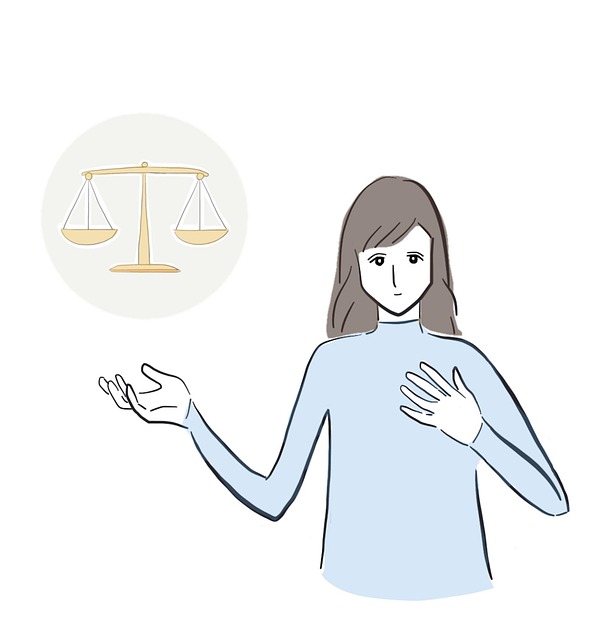Grandparents in Oregon can advocate for their rights and involvement in grandchildren's lives through legal advocacy. This involves consulting attorneys, filing court documents, presenting evidence of their role in the child's life, understanding local laws, and seeking support from legal aid organizations and advocacy groups to protect their interests and maintain visitation or custody rights.
In Oregon, grandparent advocacy plays a crucial role in ensuring familial connections. Understanding your rights and navigating the legal system is essential for fostering strong relationships with grandchildren. This guide delves into the intricacies of Oregon’s grandparent rights framework. We explore the legal process, emphasize the importance of evidence, detail court procedures, and provide valuable resources to support grandparents’ legal advocacy efforts. By understanding these steps, folks can effectively navigate this important journey.
- Understanding Oregon's Grandparent Rights
- Legal Process for Grandparent Advocacy
- Building a Strong Case: Evidence and Documentation
- Navigating Court Procedures in Oregon
- Supporting Resources for Grandparents
Understanding Oregon's Grandparent Rights

In Oregon, grandparent rights are recognized and protected under specific laws, offering a framework for legal advocacy regarding grandchild-grandparent relationships. These rights allow grandparents to have meaningful involvement in their grandchildren’s lives, including visitation, custody, and decision-making processes. Understanding these legal protections is crucial for grandparents seeking advocacy, enabling them to navigate the system effectively.
Oregon’s legal system provides avenues for grandparents to assert their rights, especially when facing challenges in maintaining a connection with their grandchildren. Legal advocacy can involve various aspects, such as mediating disputes, negotiating custody arrangements, or even initiating legal proceedings to gain or maintain visitation rights. By familiarizing themselves with state laws and seeking professional guidance, grandparents can ensure their voices are heard and their interests protected throughout the process.
Legal Process for Grandparent Advocacy

In Oregon, the legal process for grandparent advocacy involves a series of steps aimed at ensuring the best interests of children are protected. Grandparents seeking legal advocacy must first consult with an attorney specialized in family law to understand their rights and options. This initial consultation helps clarify the specific legal avenues available, such as petitioning for visitation or custody, which can vary based on individual circumstances.
The next step typically involves filing a legal document with the court, such as a petition for guardianship or visitation rights. Once filed, the court will schedule a hearing where both parents and grandparents have the opportunity to present their cases. During this process, it’s crucial to gather and present relevant evidence, including medical records, school reports, and any other documents that highlight the child’s well-being and the grandparent’s role in their life. Effective legal advocacy requires strong documentation and a clear strategy to navigate the Oregon legal system.
Building a Strong Case: Evidence and Documentation

Building a strong case for legal advocacy on behalf of grandparents involves meticulous collection and presentation of evidence and documentation. This process is crucial to demonstrating the need for intervention and ensuring the best interests of the child are at the forefront. Grandparents should gather records related to the child’s living conditions, medical history, educational progress, and any instances of neglect or abuse.
Documentation plays a vital role in legal advocacy, as it provides tangible proof to support claims. This can include photographs, financial statements, school reports, medical examinations, and witness testimonies. By organizing and presenting this evidence effectively, grandparents can navigate the legal system more successfully, increasing their chances of gaining custody or visitation rights.
Navigating Court Procedures in Oregon

Navigating the court system can be a daunting task, especially for grandparents seeking legal advocacy. In Oregon, the process involves understanding various procedures and regulations designed to protect both the interests of families and the child welfare system. Grandparents considering legal action should familiarize themselves with local laws and regulations governing family law cases. This includes learning about initial hearings, where court officials determine if a case warrants further investigation, and subsequent court appearances where evidence is presented and decisions are made regarding custody and visitation rights.
Oregon courts prioritize the best interests of the child, so grandparents advocating for their grandchildren must ensure their actions align with this principle. Legal advocacy groups can guide grandparents through these procedures, offering support and ensuring their voices are heard. They can help prepare necessary documents, represent grandparents in court, and navigate complex legal language, ultimately empowering them to protect their grandchild’s rights effectively.
Supporting Resources for Grandparents

In Oregon, there are numerous resources available to support grandparents in their legal advocacy efforts. Many organizations offer free or low-cost legal aid specifically tailored for grandparents’ unique needs. These include local legal clinics that specialize in family law and senior services organizations that provide guidance on various legal matters affecting older adults.
Grandparent advocacy groups also play a vital role in empowering grandparents by offering workshops, informational sessions, and one-on-one counseling. They help educate grandparents about their rights, navigate complex legal procedures, and connect them with relevant professionals like social workers, attorneys, and judges. With the right support, grandparents can effectively advocate for themselves and ensure the best interests of their grandchildren are protected within the legal system.














